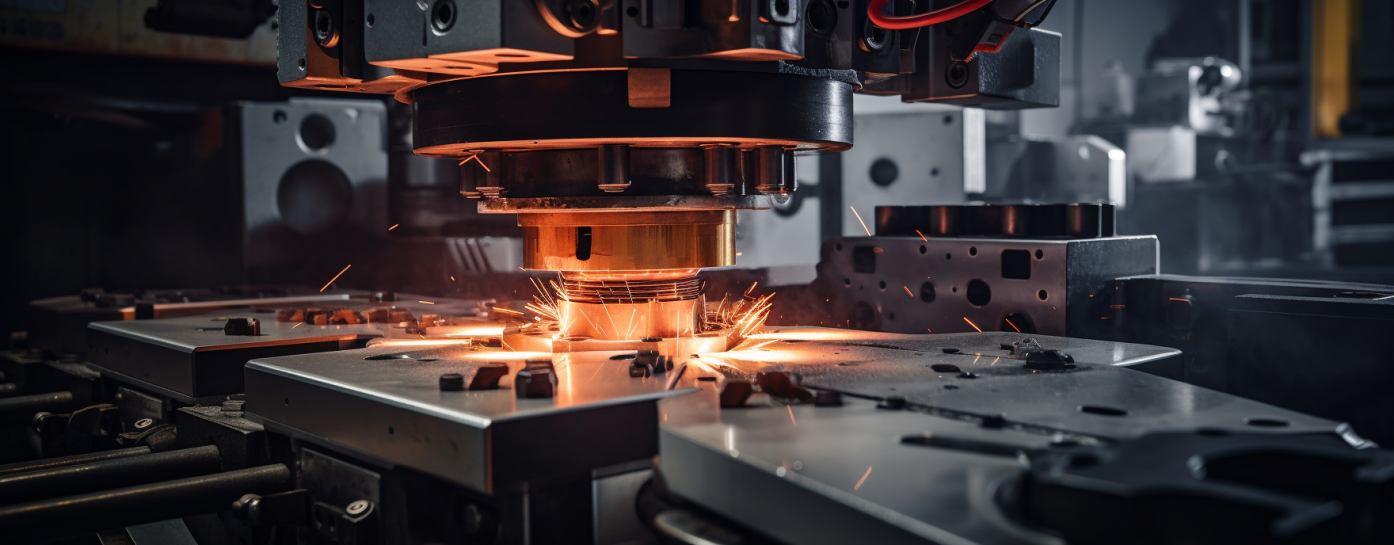Numerical Control Turret (NCT) punching stands as a pivotal technology in the world of sheet metal fabrication, providing a highly efficient and precise method for perforating and shaping metal sheets. This advanced technique combines the power of automation with numerical control to achieve rapid, accurate, and repeatable results.

NCT punching employs a turret, a rotary tool holder with multiple stations, each equipped with a different tool. These tools can include punches, dies, and other cutting implements. The process is controlled by computer numerical control (CNC), allowing for precise coordination of the turret's movements and the application of each tool. This level of automation facilitates high-speed and versatile perforation of metal sheets.
High-Speed Perforation:
NCT punching excels in high-speed perforation, making it well-suited for mass production scenarios where efficiency is paramount.
The rapid tool changes and precise control contribute to the overall speed of the process.
Versatility in Perforation:
The turret's multiple tool stations allow for a wide range of perforation options, including holes, shapes, and patterns.
This versatility is valuable in industries where customization and varied designs are essential, such as electronics and telecommunications.
Accuracy and Consistency:
The CNC control ensures the accurate placement of each punch, resulting in consistent and repeatable perforations.
This precision is crucial for industries demanding uniformity, such as automotive manufacturing.
Cost-Effective for Mass Production:
NCT punching is a cost-effective solution for large-scale production due to its high-speed operation and minimal material waste.
It offers an advantage in scenarios where maintaining low per-unit costs is a priority.
Complex Perforation Patterns:
The ability to handle intricate perforation patterns allows for the creation of complex components with diverse hole configurations.
This is particularly beneficial in applications where specific perforation patterns are integral to the functionality of the final product.
NCT punching finds widespread applications in various industries:
Electronics: Producing perforated panels for electronic enclosures.
Telecommunications: Crafting components with precise perforations for airflow and cable management.
Automotive: Creating components with specific hole patterns for weight reduction and design flexibility.
Appliances: Fabricating panels and surfaces with aesthetic perforations.
Despite its many advantages, NCT punching faces certain challenges:
Tooling Costs: The initial investment in tooling can be significant, especially for projects requiring a variety of tools for different perforation patterns.
Material Thickness Limitations: NCT punching may have limitations on the thickness of materials it can effectively perforate.
As manufacturing technologies continue to evolve, NCT punching is likely to see advancements that further enhance its capabilities. Integration with other fabrication processes and ongoing innovations in tooling and CNC systems will contribute to its continued significance in the realm of sheet metal fabrication.